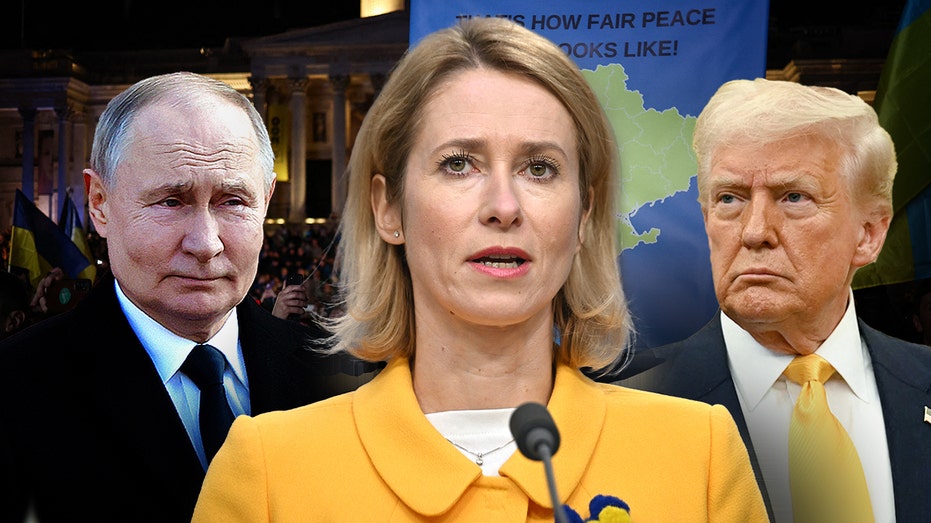Putin 'Doesn't Want Peace,' EU Chief Diplomat Warns Ahead of Trump-Zelenskyy Deal

Sarah Johnson
March 3, 2025
Brief
EU's top diplomat warns Putin doesn't seek peace as Trump touts Russia talks. Divisions over Ukraine, NATO unity, and shifting U.S. foreign policy concern European leaders.
The European Union's top diplomat is sounding the alarm, warning that Russian President Vladimir Putin "doesn’t really want peace" as U.S. President Donald Trump pushes for a peace deal between Ukraine and Russia. Trump has teased "very good talks with Russia" but has been light on details about any real progress in ending the bloody conflict that's dragged on for years.
EU High Representative for Foreign Affairs Kaja Kallas was blunt during an interview, saying, "Right now, Russia doesn’t really want peace." She argued that Moscow’s strategy hinges on waiting out the West, betting that time is on its side. But Kallas is far from buying into that narrative. She emphasized ramping up pressure—economic and political—on Russia and strengthening Ukraine both on the battlefield and at the negotiating table.
Trump and Ukrainian President Volodymyr Zelenskyy are set to finalize a minerals deal on Friday. While some hope this could be a stepping stone toward a ceasefire, skepticism abounds. Trump has touted his ability to renegotiate with Russia while nudging NATO allies to shoulder more of the financial burden in supporting Ukraine. Yet, his controversial rhetoric on Ukraine has left some NATO allies increasingly uneasy. To put it mildly, his approach has been... divisive.
European leaders like Kallas are urging the U.S. not to let Russia exploit these divisions. She reminded the Trump administration of NATO’s enduring importance, pointing out that Article 5—NATO's collective defense clause—has only been invoked once in its 76-year history: after the September 11 attacks on the U.S. She also underscored the sacrifices made by NATO allies, including Estonia, which lost as many soldiers per capita as the U.S. during the War on Terror. Her message? Alliance loyalty is a two-way street.
Meanwhile, the stark shift in U.S. foreign policy on Ukraine between the Trump and Biden administrations has left some European leaders scrambling. While the U.K. is doubling down on proving its alignment with Washington, Germany’s incoming chancellor seems to be charting a more independent course—a notable departure from Berlin’s post-WWII stance.
Kallas visited Washington this week for high-stakes meetings on transatlantic security, though a planned sit-down with Secretary of State Marco Rubio was abruptly canceled. The reason remains unclear, but Kallas expressed optimism about continued dialogue, citing earlier productive discussions with Rubio at the Munich Security Conference.
The EU diplomat made it clear that the challenges extend far beyond Ukraine. From the Middle East to Africa, Iran, and China, there's no shortage of pressing issues requiring U.S.-EU cooperation. But the immediate focus remains on keeping a united front against Russian aggression. As Kallas warned, letting Putin divide the West would be doing him "a favor we simply can’t afford."
Topics
Editor's Comments
Kallas didn’t mince words, did she? Calling out Putin’s stalling strategy while nudging Trump to stay loyal to NATO was a power move. But that canceled Rubio meeting? It’s giving ‘awkward silence’ energy. Let’s hope these alliances stay stitched together because the stakes couldn’t be higher.
Like this article? Share it with your friends!
If you find this article interesting, feel free to share it with your friends!
Thank you for your support! Sharing is the greatest encouragement for us.



